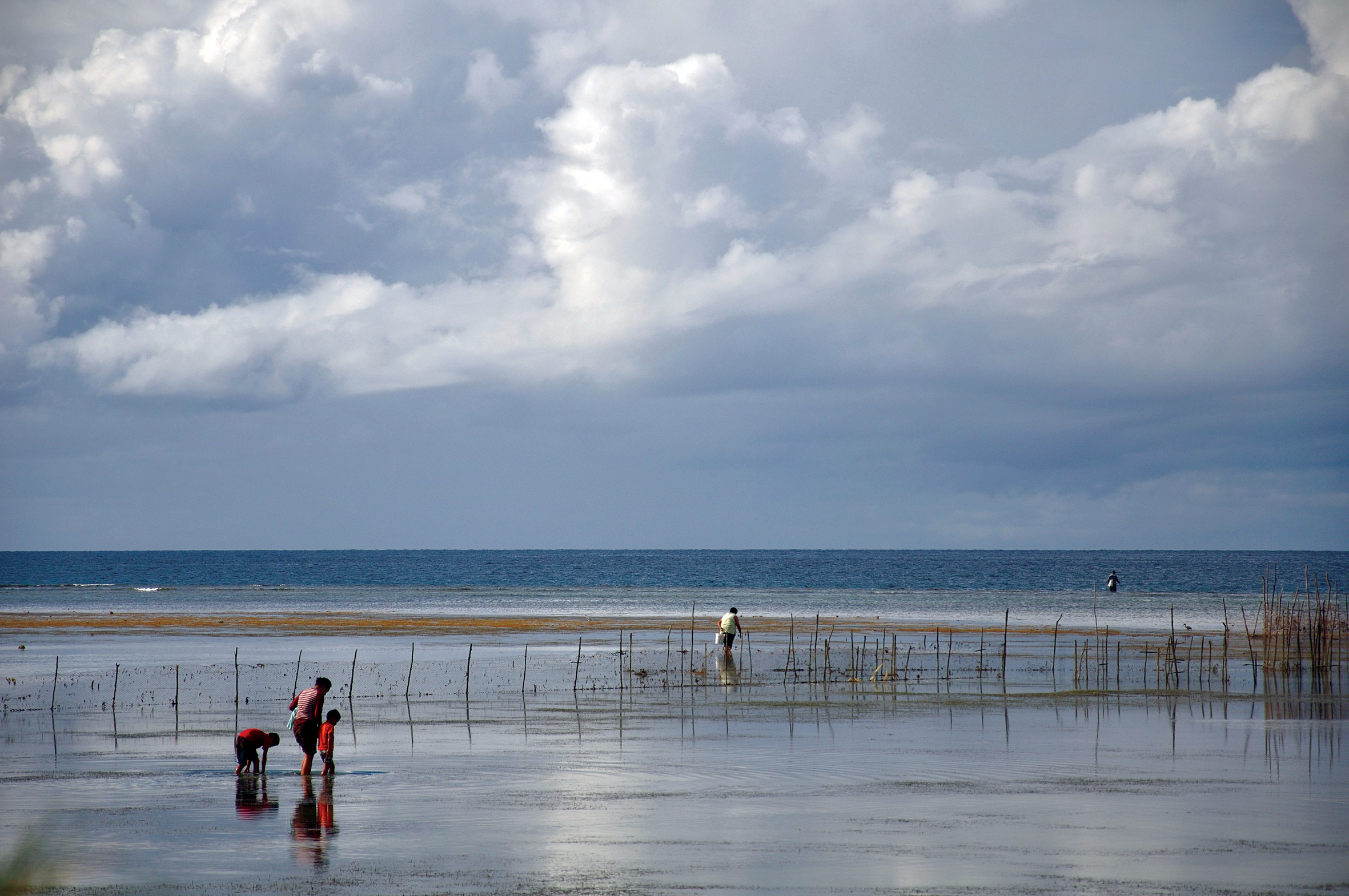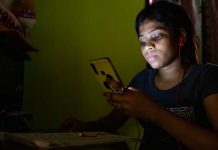The Pacific Islands are unpacking the Glasgow Climate Pact this week, continuing their work for a 1.5-degree world.
Reflecting upon the outcomes of the Twenty-Sixth Conference of the Parties to the UN Framework Convention on Climate Change (COP26), the Pacific Small Islands Developing states are building momentum for change at COP27.
COP26 was hosted by the United Kingdom from 01 -13 November 2021. Amplifying the Pacific voice at COP26 was a major challenge given there were just 146 Pacific Island delegates present due to COVID-19 challenges. Overall, there were close to 40,000 registered participants.
Climate change is the single greatest threat to the security of our Pacific islands people who work collectively to advocate for a 1.5 Degree world. The Glasgow Climate Pact, a package of climate decisions was agreed to by over 194 Parties and included the phasing out of coal, recognition of our ocean with an annual dialogue to take place as well as completed the Paris Agreement Rulebook.
“We have made clear that while we welcome the outcomes of COP26, major compromises were made to secure the package in Glasgow. But there were also some important gains for us,” said Peseta Noumea Simi, Chief Executive Officer, Ministry of Foreign Affairs and Trade of the Government of Samoa, also the Chair of the Pacific Small Islands Developing States (PSIDS).
“We will need to build on these gains in order to maintain a positive momentum and ensure we continue on in the “right direction”. For us, this direction is one that keeps the 1.5°C promise of the Paris Agreement alive; and ensures the survival of our peoples and islands, in the face of this climate crisis.”
The Pacific Small Islands Developing States Post-COP26 Analysis Meeting hosted by the Secretariat of the Pacific Regional Environment Programme (SPREP) with support from the Intra-ACP Global Climate Change Alliance Plus Pacific Adaptation to Climate Change and Resilience Building (PACRES), Climate Analytics, IMPACT and members of the One CROP-Plus.
This three-day virtual meeting is providing all with a state of play of the UNFCCC negotiations and key related issues, as well as plan the schedule ahead to COP27 hosted in Sharm El-Sheikh, Egypt in November this year.
PSIDS negotiators who led in the PSIDS priority thematic areas are presenting updates on each of these that were addressed at COP26. These include Climate Ambition, Article 6, Climate Finance, Loss and Damage, Adaptation, Ocean, Transparency, Common Time Frames, Capacity Building and Technology.
“Following on from Glasgow, we made sure that our voice was heard just as we have done in the past, but we are now challenged with putting the pressure on to make sure the COP26 outcomes are not forgotten,” said Kosi Latu, Director General of the Secretariat of the Pacific Regional Environment Programme (SPREP).
“We hear so many statements and pledges but for us on the frontlines of climate change, we really want to see all of these statements manifested into effective and urgent action.”
The Pacific Small Islands Developing States Post-COP26 Analysis Meeting is held virtually from 15 – 17 February 2022. It is hosted by the Secretariat of the Pacific Regional Environment Programme (SPREP) with support from the Intra-ACP Global Climate Change Alliance Plus Pacific Adaptation to Climate Change and Resilience Building (PACRES), Climate Analytics, IMPACT and members of the One CROP-Plus. These members include the Forum Fisheries Agency, Pacific Community, Pacific Islands Forum Secretariat, University of the South Pacific, UN Development Program and the UN Environment Programme.
SOURCE: SPREP/PACNEWS

















